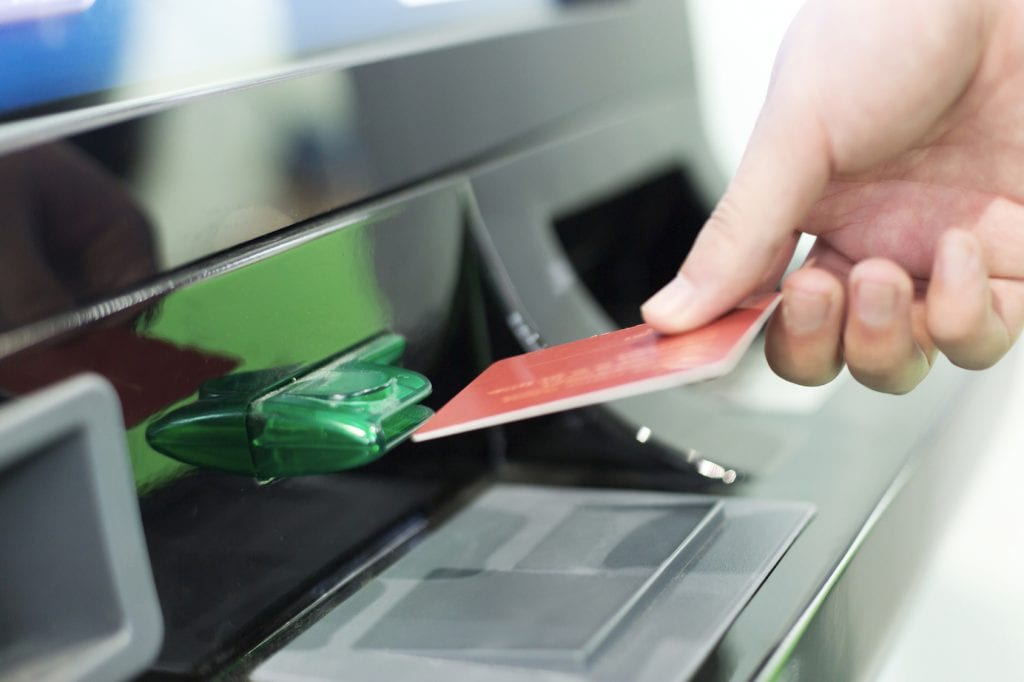W3C, the body that manages internet standards has announcedit will work with the FRB to standardize payments, perhaps because EMVCo failedto do so.
There have been many complaints raised regarding the EMVCo standardsfor EMV and Tokenization because both standards excluded the needs ofalternative networks such as the EFT and ACH networks. For example, even today EMV support for EFTnetworks remains a work in progress. YesterdayThe World Wide WebConsortium (W3C) announced a new payments initiative that includes theFederal Reserve Bank of Minneapolis:
“anew initiative to integrate payments seamlessly into the Open Web Platform. W3Ccalls upon all industry stakeholders —banks, credit card companies,governments, mobile network operators, payment solution providers, technologycompanies, retailers, and content creators— to join the new Web PaymentsInterest Group and leverage the unique ability of the Web to bridge ecosystemdiversity and reach users everywhere, on any device. The result will be newbusiness opportunities, an improved user experience for online transactions,reduced fraud, and increased interoperability among traditional solutions andfuture payment innovations.
‘TheFederal Reserve is working with diverse participants and organizations toimprove the payment system in ways that make it safer, faster, more efficientand accessible for everyone,” said Claudia Swendseid, Senior Vicepresident at the Federal Reserve Bank of Minneapolis. “We appreciate W3C’sefforts in this regard and look forward to participating in the new WebPayments Interest Group.”
The focus of the group, headed up by Erik Anderson ofBloomberg and David Ezell of the Association for Convenience & FuelRetailing, will initially be the definition of use cases for mobile wallets:
“Globalstakeholders from all parts of the industry will enumerate use cases andscenarios, for topics such as online payments, off-line payments,”floor-limits,” the role of regulations on technology, internationallow-value remittances, general retail payments, bill payments, and utilitypayments. The group will study the current gaps in Web technology regardingusability, security, and privacy, and recommend new work to fill those gaps.Because a successful integration of payments into the Web requires extensivecooperation, the Interest Group will also liaise with other organizations inthe payment industry that are using Web Technologies to foster alignment andinteroperability on a global scale.
TheInterest Group will first focus on digital wallets, which many in industryconsider an effective way to reduce fraud and improve privacy by having usersshare sensitive information only with payment providers, rather than merchants.In addition, wallets can simplify transactions from mobile devices and make iteasier to integrate new payment innovations. To be successful, all partiesinvolved in a transaction must agree to use the wallet system, but systems todate have not demonstrated the level of interoperability required for broadadoption. Lack of standards for processing payments makes it difficult toimplement wallets and gain the benefits of automation. While the Web PaymentsInterest Group is not chartered to develop new payment methods, it will createa framework to ensure that Web applications can interface in a standard wayswith all current and future payment methods. Mobile use cases play an importantrole in this work, but the framework will encompass the full range of devicespeople use for online payments.”
If the testimonials for this initiative are indicative ofthe participation for the group then it has significant support, in thattestimonials were offered by Gemalto, Ingenico, Rabobank, and Yandex (a leadingRussian search engine and shopping site). Current members include participants from GRIN Technologies, DeutscheTelekom AG, Yandex, and Verisign.
Overview by Tim Slaone, VP of Payments Innovation for Mercator Advisory Group
Read full story at Here
